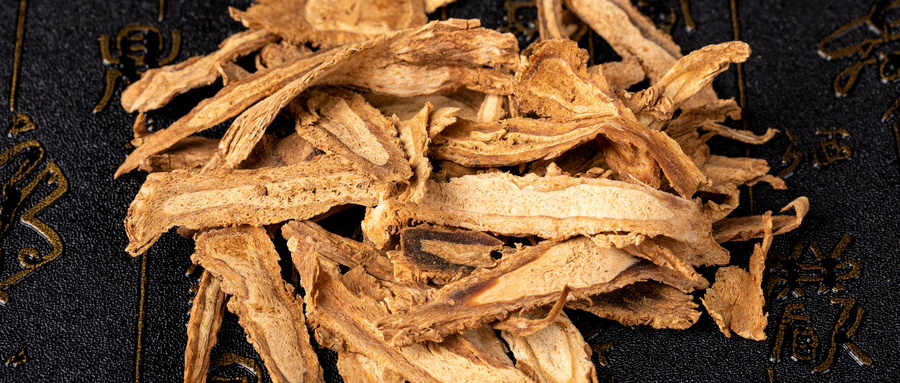White aconite and black aconite may not seem different in name, but in fact, there are significant differences between the two, especially in terms of efficacy and application. Let's take a look at the differences between white aconite and black aconite.
White Aconite
White aconite's main components are inositol, choline, calcium oxalate, and a certain amount of mucus.
White aconite is a warm Chinese medicinal herb with a certain level of toxicity. When it enters the liver meridian, it can have the effects of dispelling wind and phlegm, detoxifying and dispersing masses, and even calming the nerves.
The toxicity of white aconite varies depending on the parts used. The toxicity is the highest in the tuberous part, causing significant irritation to the skin and mucous membranes. It can also have a central nervous system inhibitory effect.
Symptoms of poisoning may include numbness of the mouth and tongue, tightness in the limbs and body, profuse sweating, thirst, dry mouth, palpitations, restlessness, and eventually speech problems, vomiting, diarrhea, cyanosis of the face, and ultimately respiratory and circulatory failure leading to death.
Black Aconite
Compared to white aconite, black aconite has some similarities to the well-known Chinese herb, aconitum carmichaelii. It contains various alkaloids, such as aconitine, benzoylaconine, and fuziline.
Black aconite itself is sweet, highly hot, and toxic. After ingestion, it has the effects of warming the yang, assisting the yang, dispelling cold, and relieving pain. When purchasing, you can choose between white aconite and black aconite according to your own situation.
Poisonous reactions of black aconite are mainly caused by aconitine alkaloids. The lethal dose of aconitine is 3-4mg, and ingestion of 0.2mg of aconitine can cause poisoning reactions in adults.
Incidents of black aconite poisoning are relatively common. Aconite poisoning mainly manifests as toxic reactions in the nervous system, digestive system, and cardiovascular system, and in severe cases, it can be fatal.












